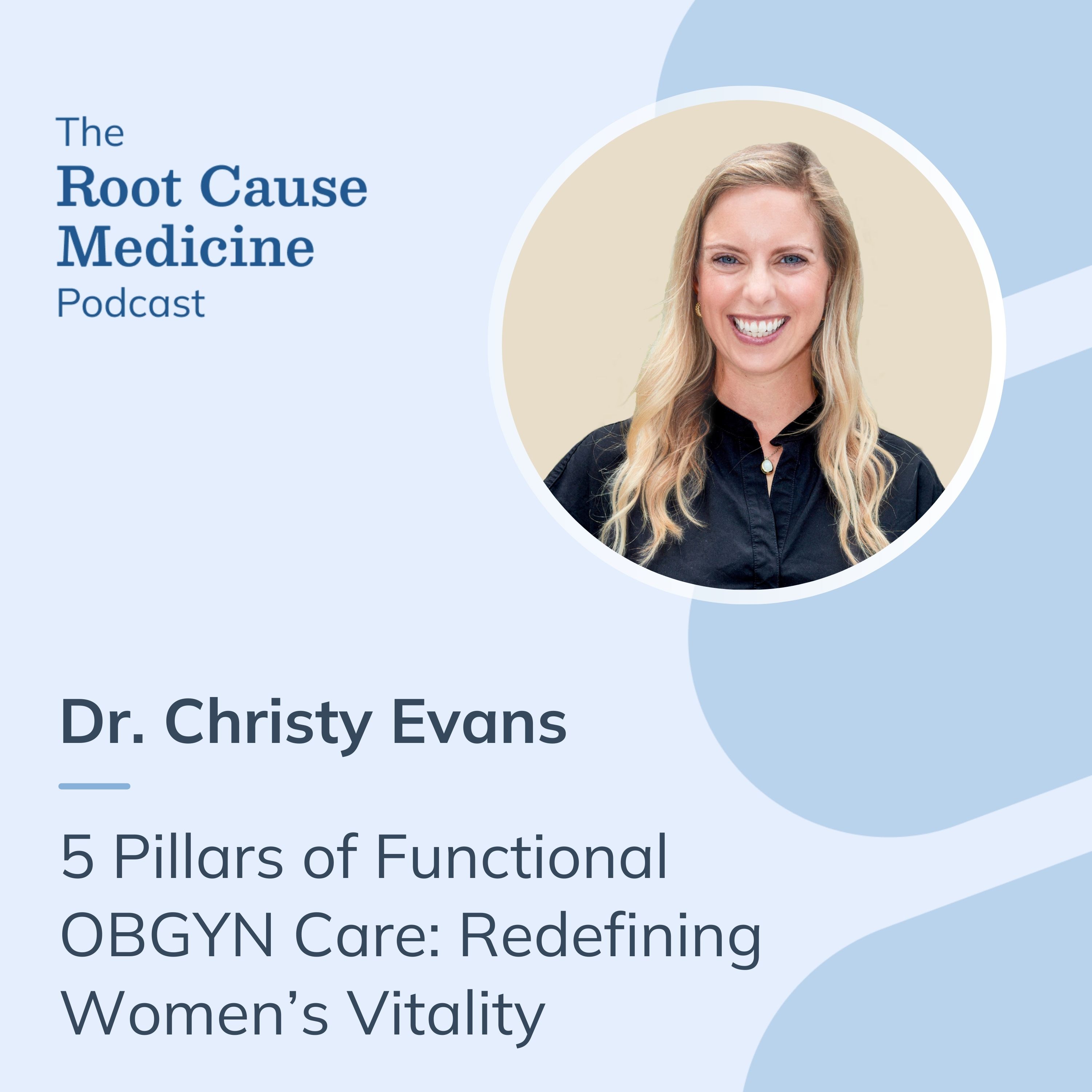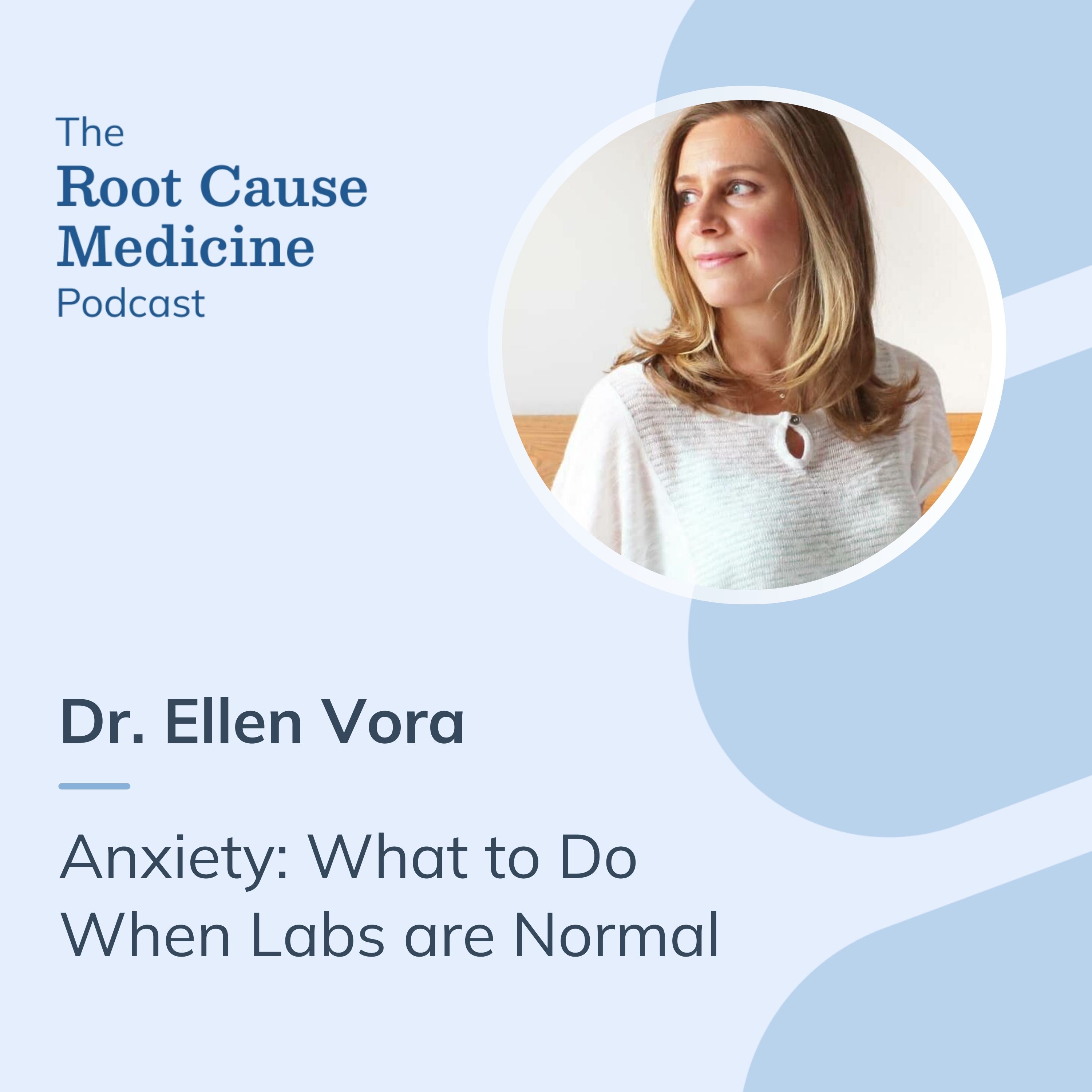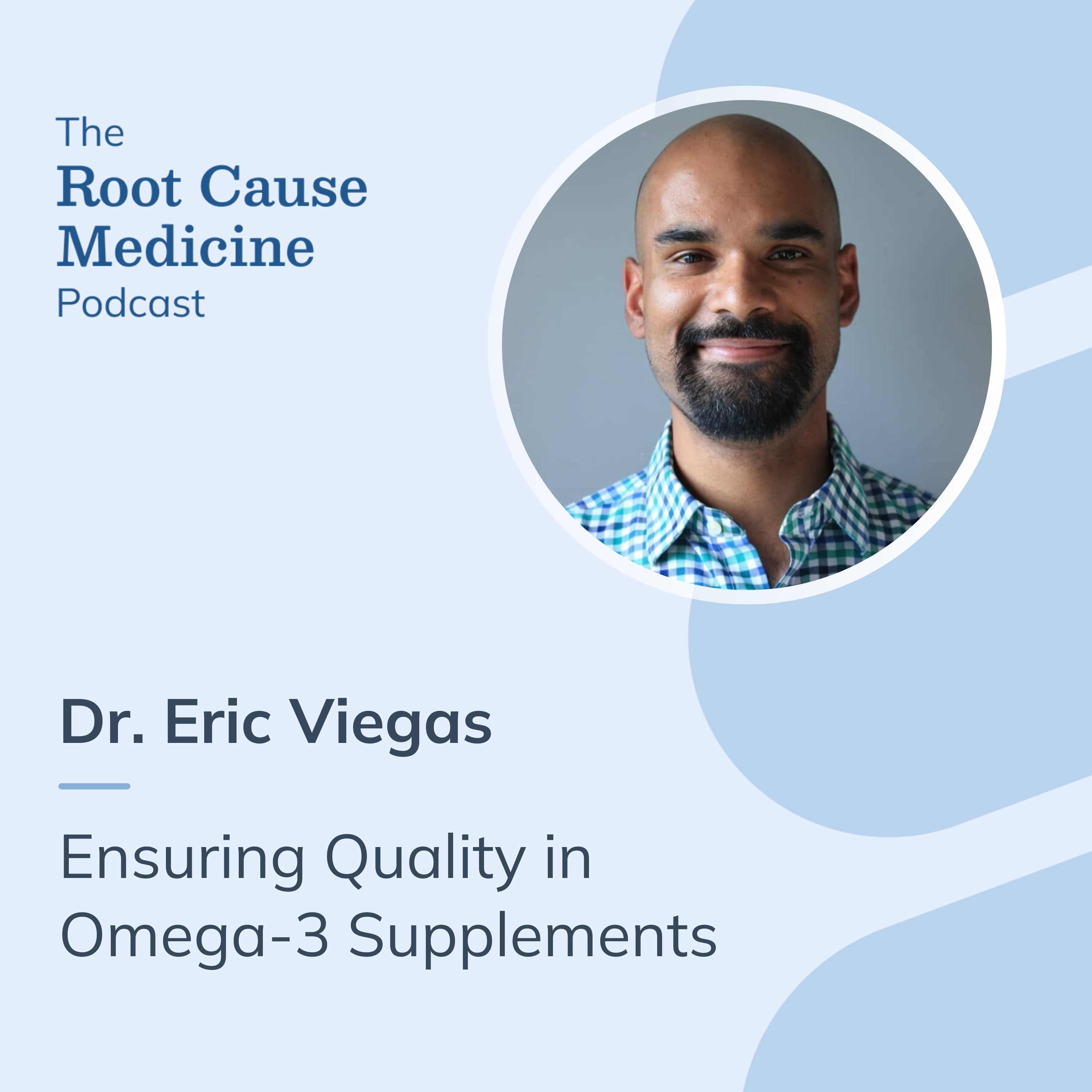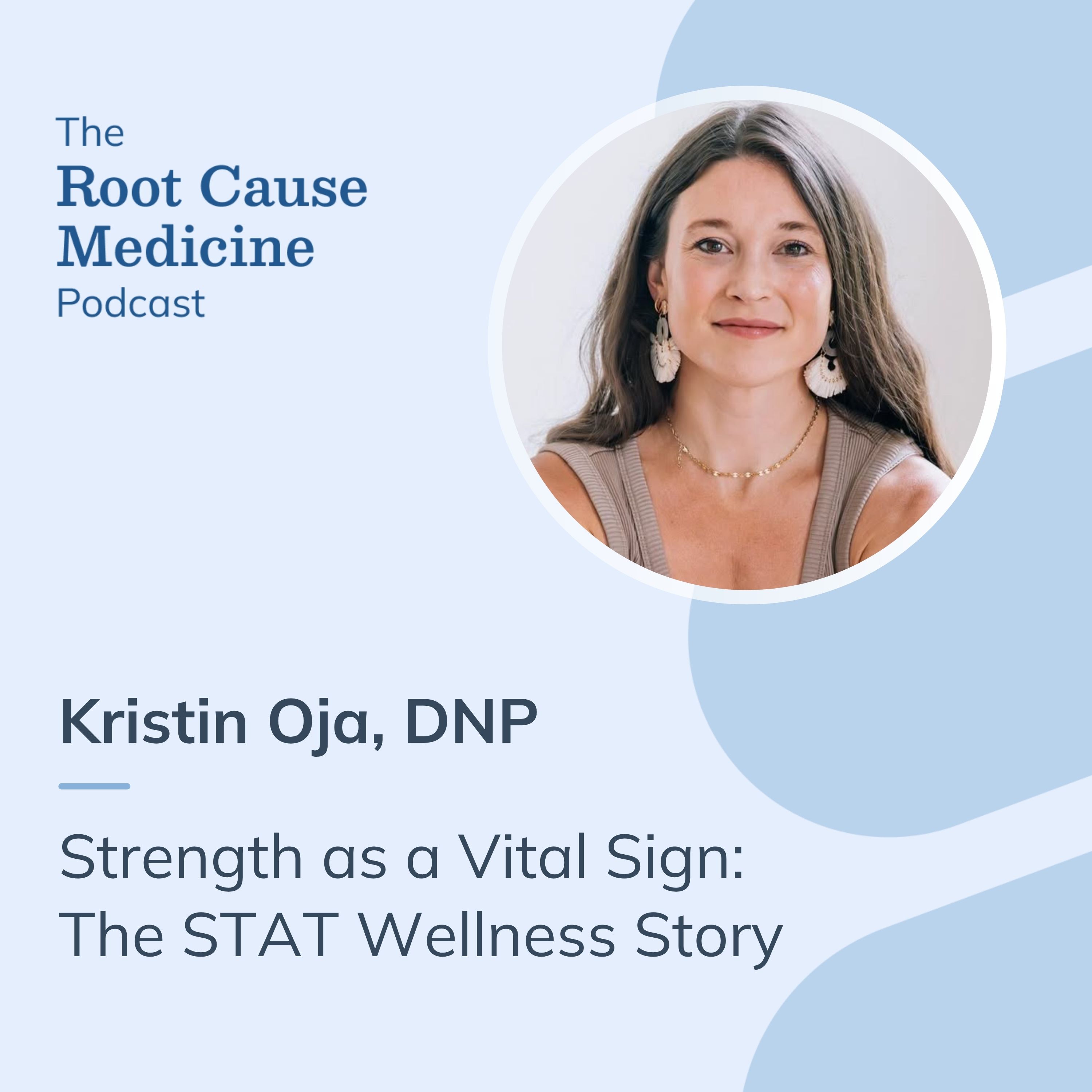Wild yam cream is a popular natural product often marketed for supporting hormonal health. Derived from the wild yam root, it contains diosgenin, a compound that can be chemically converted in laboratories into hormones such as dehydroepiandrosterone (DHEA), progesterone, testosterone, cortisol, or estrogen. However, the human body cannot convert diosgenin into these hormones naturally, which challenges some common claims about its effectiveness.
This article explores the evidence-based benefits, risks, and misconceptions about wild yam cream to help patients and healthcare providers make informed decisions.
[signup]
What is Wild Yam Cream?
Wild yam cream is a topical product containing diosgenin, a plant-derived compound sometimes called a phytoestrogen (a plant-based substance with estrogen-like properties). While diosgenin can be used in laboratories to create hormones for medical use, this process does not occur in the human body.
Some people use wild yam cream to support hormonal health, manage menopause symptoms — such as hot flashes, difficulty sleeping, or night sweats, reduce inflammation, or promote healthy skin. However, research on its effectiveness is limited and mixed.
Key Benefits of Wild Yam Cream
The potential benefits of wild yam cream include:
Hormonal Balance
Wild yam cream claims to aid in hormone balance, particularly because it may mimic estrogen or other hormones. Despite this, research shows that yam may actually be ineffective in reducing menopausal symptoms.
Early research suggests that diosgenin may influence hormone receptor activity, potentially affecting certain cancers, such as breast, colorectal cancer, leukemia, hepatocellular, and osteosarcoma. However, these findings are preliminary and not specific to wild yam cream.
Menopause Symptom Relief
Wild yam is touted to benefit mood swings, fatigue, hot flashes, and other menopausal symptoms.
Research regarding these claims is limited. One study found that treatment with wild yam cream for three months in women produced no significant side effects but had little effect on menopausal symptoms.
A review suggests that wild yam cream wasn’t more effective than a placebo in reducing menopause symptoms in one study. At the same time, another showed significant improvements after ingesting 12 mg of purple yam extract twice daily.
Other studies show promise as well. Some researchers found that using wild yam salve for three weeks didn’t produce negative side effects and showed consistent improvements in night sweats, hot flashes, muscle and joint discomfort, body weight, vaginal dryness, sleep, mood, and sexual desire in menopausal women.
Because studies examining the effects of wild yam on menopause symptoms demonstrate mixed results, more research is needed to determine whether yam cream is indeed effective for relieving menopause symptoms.
Skin Health and Anti-Aging
Applying wild yam products topically might improve the skin’s elasticity, texture, and tone, which is why wild yam extracts are ingredients in some cosmetic products.
In fact, studies suggest that wild yam has anti-inflammatory properties, making it suitable for dermatology products designed to treat irritated or imperfect skin. The researchers suggest that yam helps fight aging skin, pigmentation problems (such as hyperpigmentation), and breast sagging. Additional studies demonstrate the benefits of using topical wild yam extract for dermatitis.
Arthritis
Wild yam has also been used to ease arthritis symptoms, such as joint pain. While more research is needed, some studies suggest that wild yam extract offers anti-inflammatory activity in people with arthritis and other inflammatory diseases.
Risks and Side Effects of Wild Yam Cream
While wild yam cream may help improve hormone balance, menopause symptoms, inflammation, and skin health, potential concerns to be aware of include the following:
Potential Risks
Possible side effects of using wild yam cream include skin irritation, allergic reactions, and hormonal disruptions. Signs of an allergic reaction include swelling, hives, and difficulty breathing. Wild yam could negatively interact with medications, dietary supplements, herbs, and hormone treatments. However, numerous studies show no negative effects from yam creams.
Contraindications
People who should avoid using wild yam cream (unless directed to by a healthcare provider) include pregnant and breastfeeding women, children, teenagers, and people with hormone-sensitive conditions — including hormone-related cancers.
Evidence-Based Warnings
Wild yam might increase the risk of clots due to its estrogen-mimicking properties. There is a lack of FDA approval for over-the-counter hormone treatments, though the FDA has approved certain bioidentical hormones (some of which are created from yams and other plants).
Yam cream is sometimes combined with other estrogen-like herbs or synthetic hormones. That’s why it’s vital to check the ingredient label carefully and consult with a healthcare provider before using phytoestrogen-based creams.
Usage Guidelines for Patients and Healthcare Providers
Wild yam is often available as a 12% cream for topical use. However, there are no official guidelines for topical wild yam products. Patients should chat with a healthcare provider before using wild yam or other phytoestrogen creams. Some manufacturers suggest applying ⅛-1 teaspoon (a finger-tip-sized amount) to the skin twice daily for three weeks.
Best Practices for Healthcare Providers
Before suggesting wild yam cream, healthcare professionals discuss patients’ medical histories, symptoms, lifestyle, pros and cons, medications, supplements, and alternative treatments. They tailor holistic remedies to patients’ specific needs, preferences, and health goals.
It’s helpful to take a balanced approach when treating hormone imbalance, skin issues, menopause symptoms, and inflammation with wild yam cream.
Addressing Common Myths
One common myth is that wild yam cream converts directly into estrogen, DHEA, testosterone, cortisol, or progesterone in the human body. However, researchers suggest this isn’t true when taking wild yam orally or applying it topically.
Another myth is that wild yam cream can effectively replace hormone replacement therapy (HRT). However, these two treatments are vastly different, as wild yam doesn’t convert into hormones within the body. If you’re currently undergoing HRT therapy, talk with a specialist before discontinuing or altering treatment.
Alternatives and Comparisons
In addition to wild yam, other natural remedies sometimes used for hormone balance support because of phytoestrogen-like properties include:
However, researchers found that these alternative solutions have also demonstrated inconsistent results when used to treat menopausal symptoms.
Wild yam extract is available as an oral supplement, but this form of yam yields mixed results, too, when studied in research.
HRT is an effective treatment for menopause symptoms with higher success rates than wild yam cream. However, potential concerns related to HRT include a higher risk of some cancers (breast cancer, uterine cancer, etc.), heart disease, stroke, blood clots, and gallbladder disease. Therefore, certain at-risk population groups aren’t good candidates for HRT.
Phytoestrogens might support hormone balance, but the human body doesn’t convert diosgenin from wild yam into other hormones. However, some wild yam creams contain synthetic hormones, which could significantly affect hormone balance more than yam cream alone.
Frequently Asked Questions (FAQs)
Commonly asked questions regarding wild yam cream include:
Can Wild Yam Cream Replace Hormone Replacement Therapy (HRT)?
No. Wild yam cream may reduce symptoms of menopause in some women, but it did not affect others in research studies. It may be tried under medical supervision in place of HRT as a potential natural solution, but wild yam cream likely won’t work as well as HRT for altering hormone levels.
How Long Does it Take for Wild Yam Cream to Work?
Individualized results vary depending on the time needed to notice the effects of wild yam. Many studies have examined the outcome of yam cream, which requires three months of use. But you might experience results sooner.
Is Wild Yam Cream Safe for Long-Term Use?
More research is needed to determine if wild yam cream is safe for long-term use and which doses and frequencies are best. Researchers found that using wild yam cream for three months did not lead to significant side effects.
Ingesting oral wild yam appears to be safe (generally well-tolerated) when used for up to 12 weeks, but taking large doses could cause headaches, vomiting, or an upset stomach. The doses of oral wild yam supplements used in research are 12 milligrams twice daily.
Should I Try Wild Yam Cream?
Speak with a healthcare provider before using wild yam cream, particularly if you’re undergoing hormone replacement therapy (HRT), take medications, are pregnant or breastfeeding, are a child, or are at risk of hormone-related cancers. This cream could affect hormone balance or negatively interact with other herbs, supplements, medications, and hormonal treatments.
[signup]
Key Takeaways
- Wild yam cream is likely safe for supporting hormone health, relieving menopause symptoms, reducing inflammation, and enhancing skin health.
- Research studies are mixed. Some studies support the use of wild yam cream for its intended uses, while others suggest few or no beneficial effects.
- More research is needed to establish the safest, most effective dosages of wild yam cream.
- Individuals with a history of hormone-related cancers, children, teenagers, and pregnant and nursing women should avoid wild yam cream or first speak with a healthcare professional before using it.
- Providers can take an informed approach when recommending (or discouraging) wild yam cream and advocate for patient-provider discussions before trying new natural remedies — particularly those used to support hormone health.









.jpg)


%201.svg)








.png)